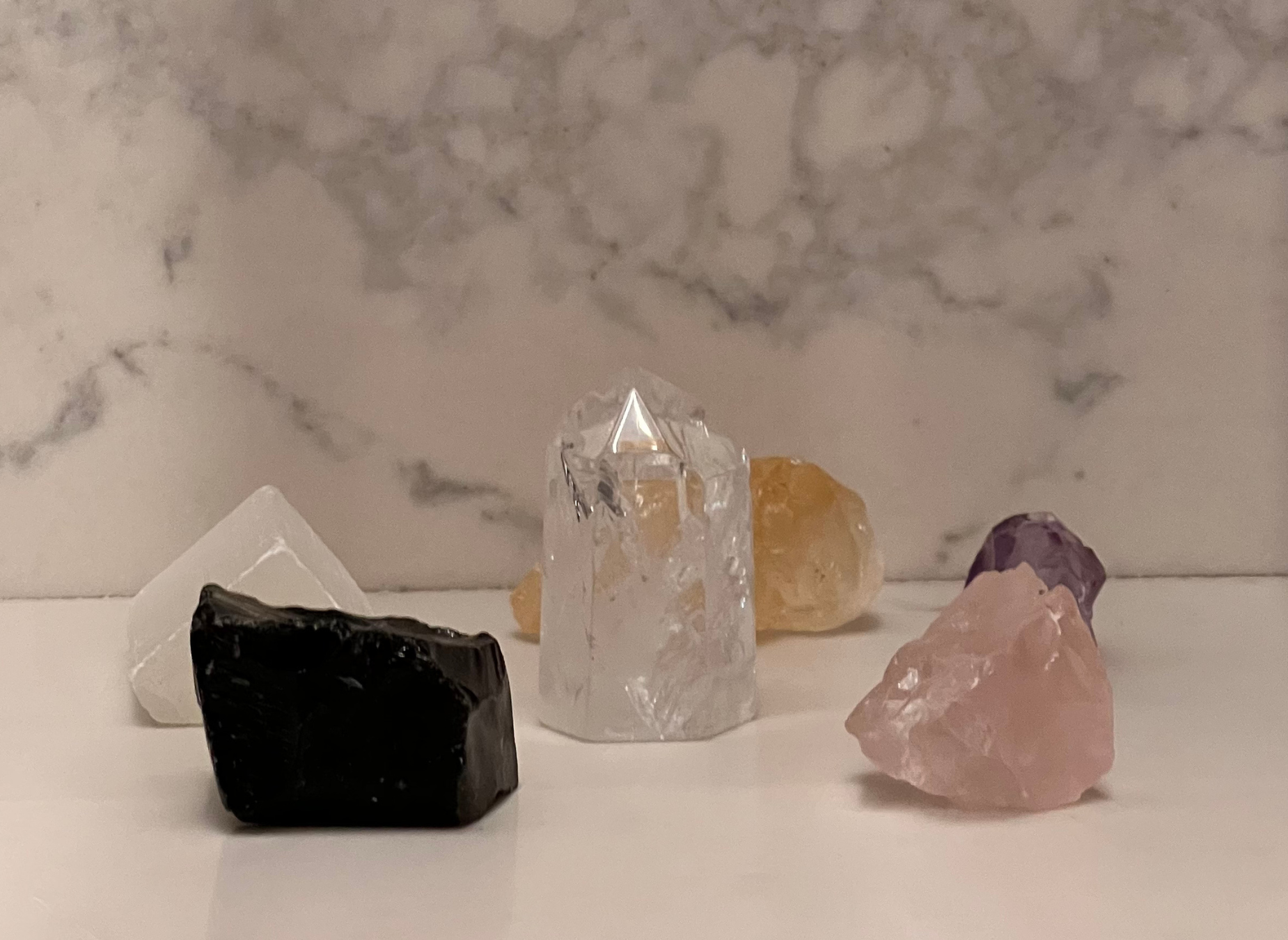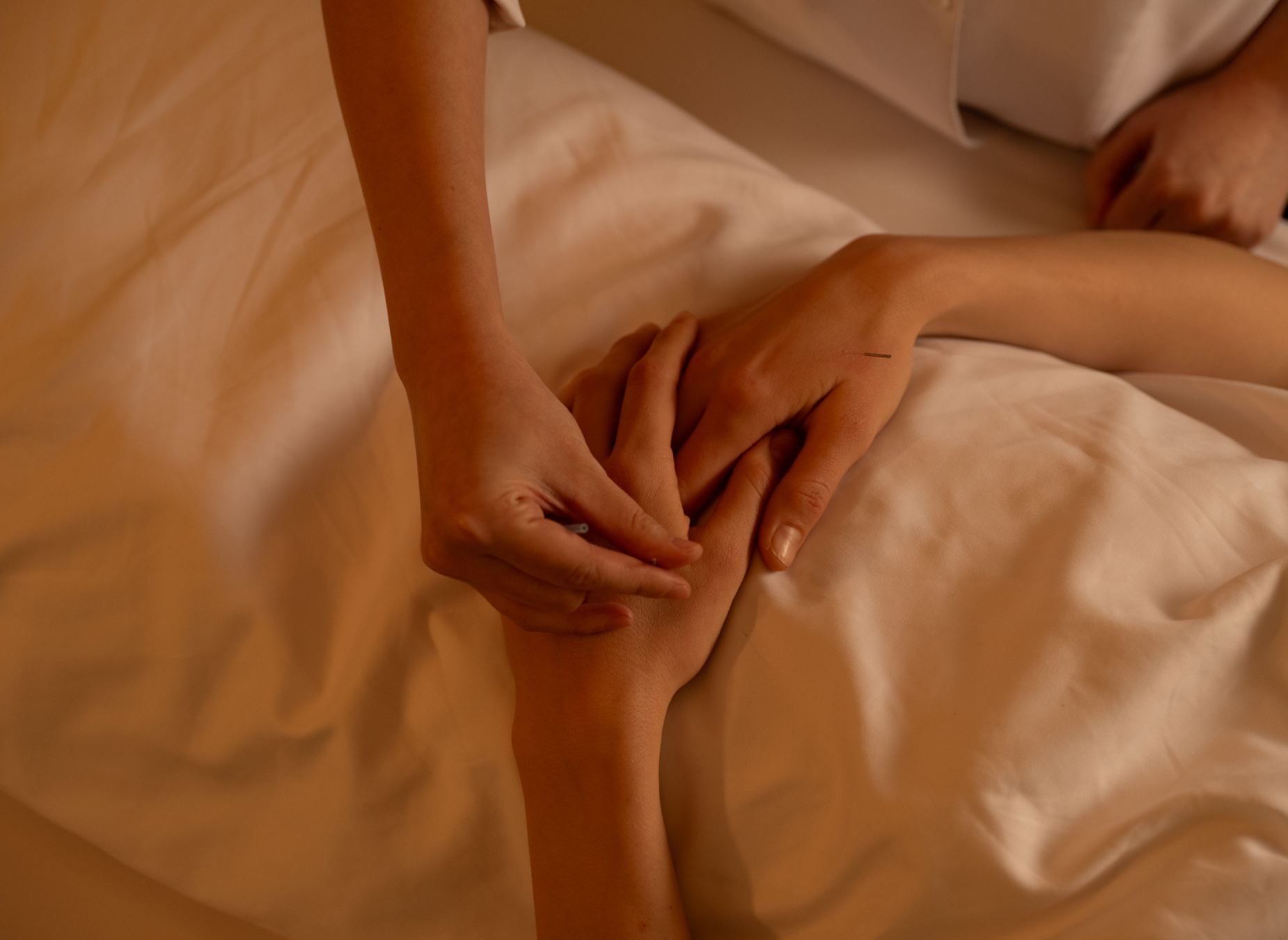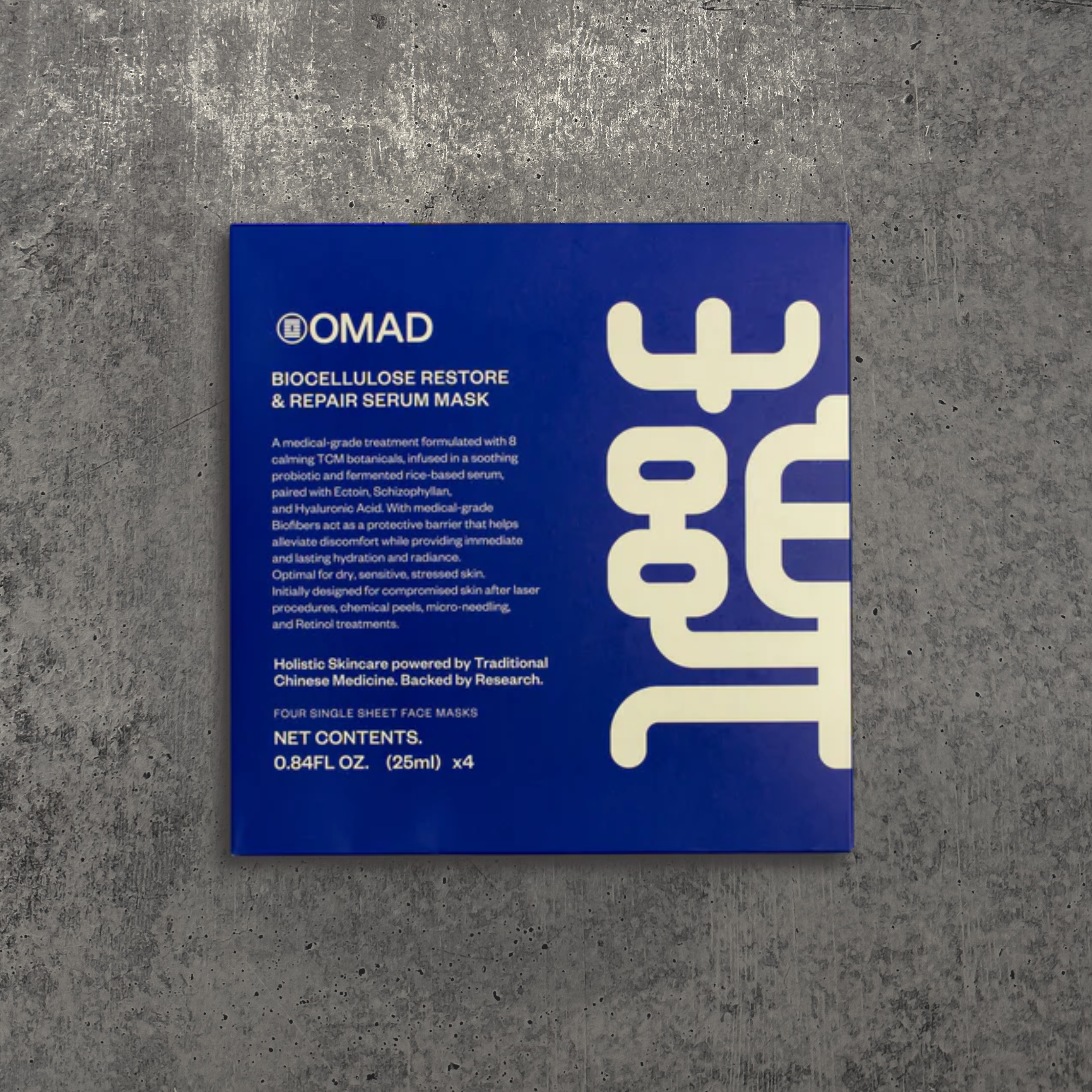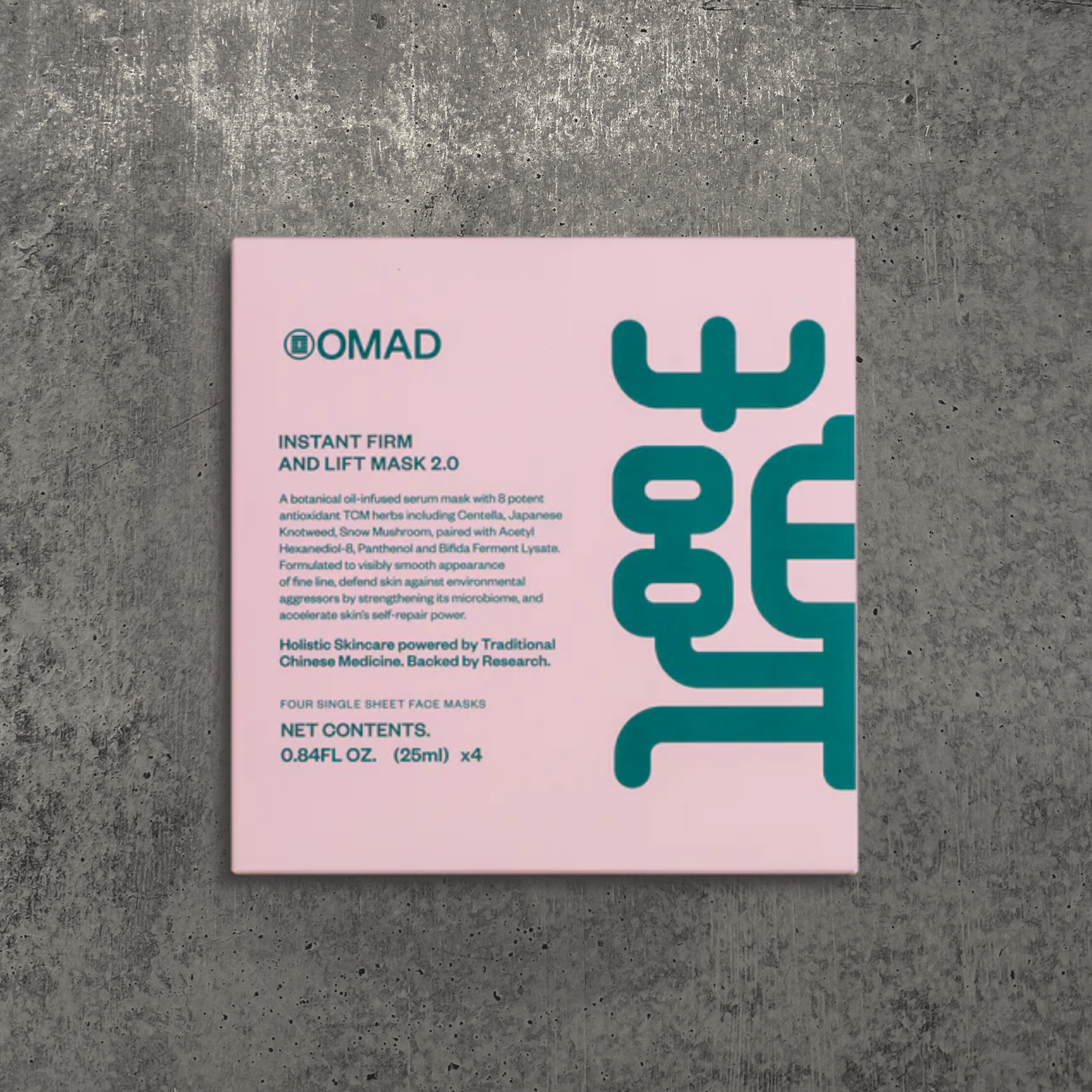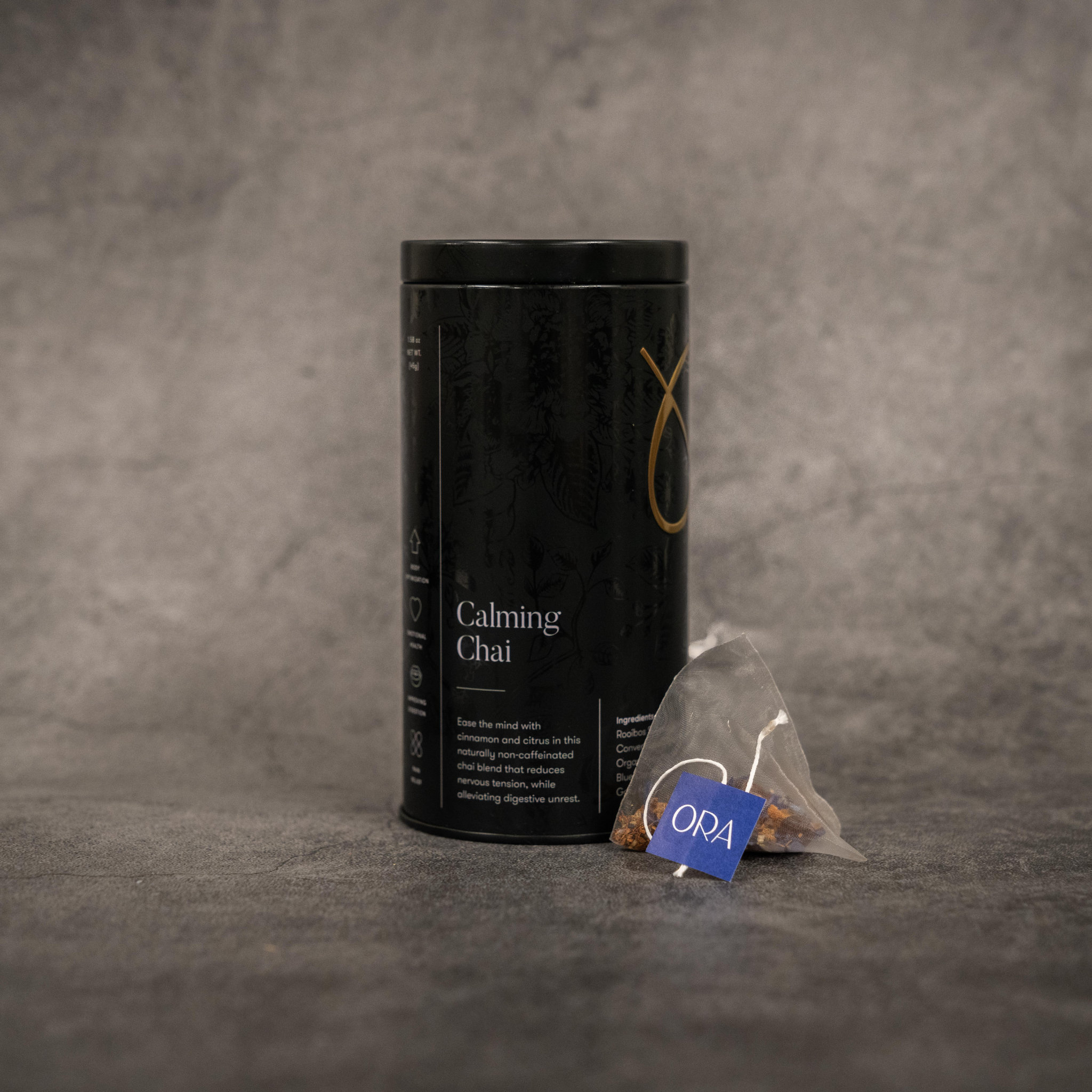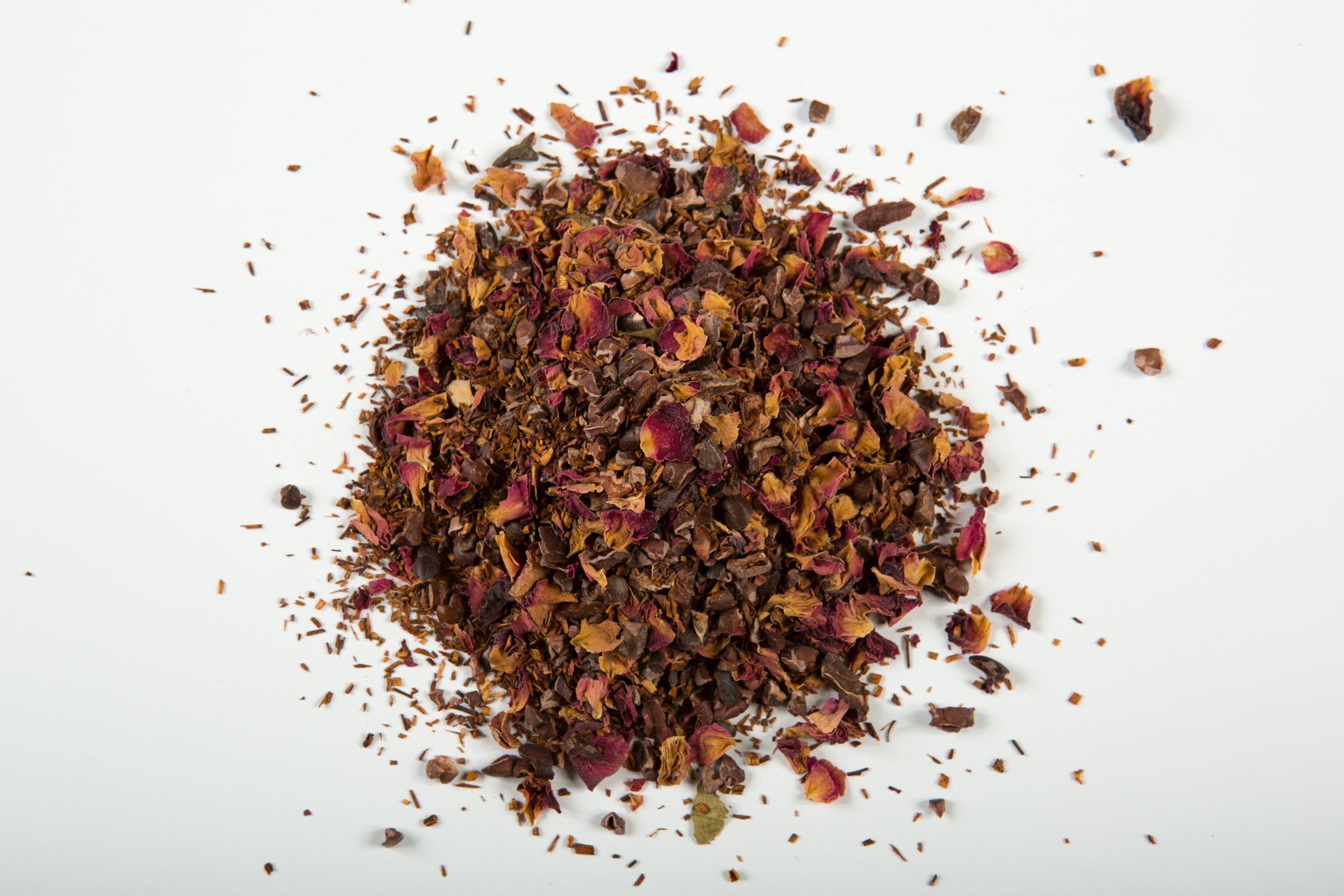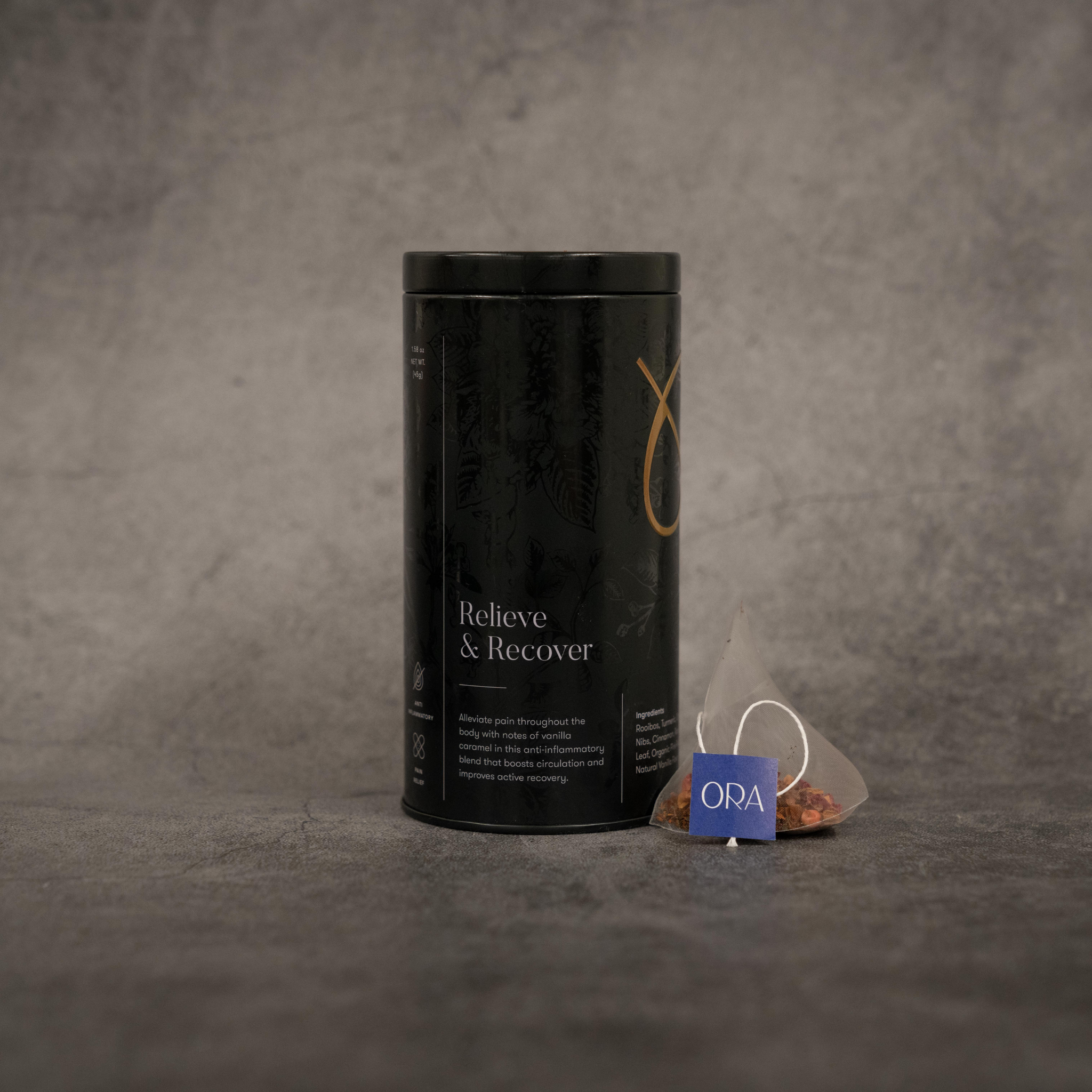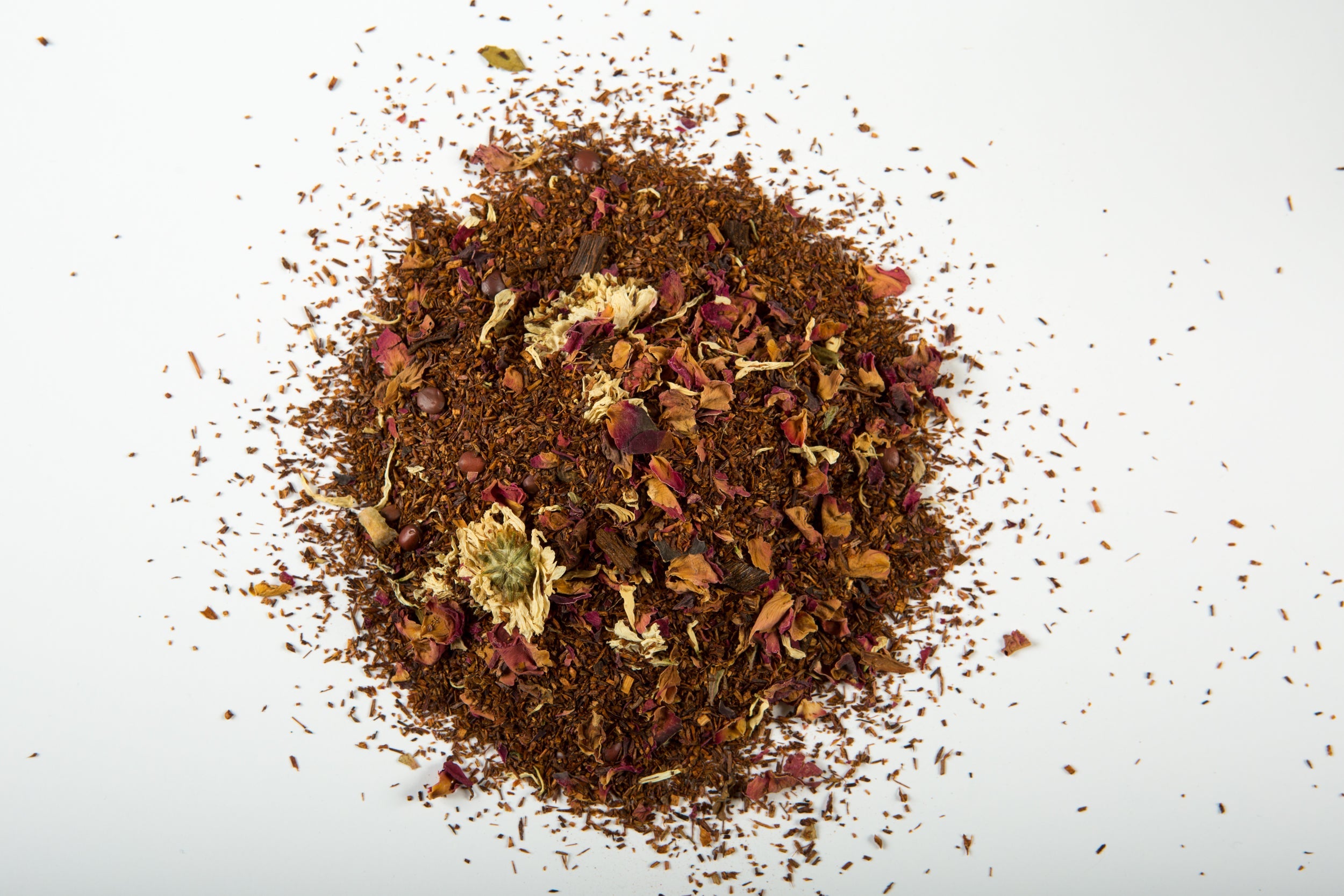When it comes to eczema, the persistent itching, inflammation, and discomfort can feel like an unrelenting battle. If you or someone you know has experienced the challenges of this chronic skin condition, you're not alone. But what if there were alternative approaches that could offer a ray of hope? Enter acupuncture and traditional Chinese medicine (TCM), ancient practices that have stood the test of time in providing relief and addressing the underlying imbalances that contribute to eczema. Get ready to unlock the secrets of nature's wisdom and embrace a new chapter of skin health.
Eczema, also known as dermatitis, is a common and chronic skin condition characterized by inflammation, itching, and redness. While its exact cause is not fully understood, eczema is believed to involve a combination of genetic and environmental factors. Eczema can manifest in various forms, with atopic dermatitis and contact dermatitis being the most common types. Atopic dermatitis often begins in childhood and may persist into adulthood, while contact dermatitis occurs when the skin comes into direct contact with irritants or allergens.
The symptoms of eczema include dry, itchy skin, inflammation, thickened or scaly patches, and sometimes blisters or oozing. Western medicine typically treats eczema with a combination of self-care measures and medical interventions, such as moisturizing the skin, avoiding triggers, and using medications like corticosteroids and antihistamines.
TCM views eczema as a manifestation of an underlying imbalance in the body. Internal factors, including weakened immune function and imbalances in organs like the lungs, spleen, and liver, can contribute to the accumulation of heat, dampness, or toxins. External triggers like certain foods, allergens, weather conditions, sweating, and stress can also disrupt the body's balance and worsen eczema symptoms. TCM identifies specific patterns associated with eczema, such as internal imbalances, heat and dampness, and blood stagnation. These patterns help guide the diagnosis and treatment approach for individuals with eczema. There are several holistic approaches that your practitioner may recommend such as acupuncture, herbal medicine, topical applications, or dietary and lifestyle adjustments.
- Acupuncture helps restore balance by stimulating energy flow and regulating immune function. It can reduce inflammation, promote blood circulation, and target the specific imbalances associated with eczema.
- TCM utilizes herbal formulas tailored to the individual's pattern diagnosis. Cooling, detoxifying, and dampness-clearing herbs like Coptis, Scutellaria, Rehmannia, and Sophora are commonly used to address the underlying imbalances causing eczema.
- TCM may recommend herbal creams or washes containing ingredients like chamomile and aloe vera to soothe inflammation and support skin healing. The OMAD Miracle Balm is a great product for individuals struggling with these skin conditions as it is deeply soothing and hydrating and safe for sensitive, dry to dull skin.
- According to TCM, diet and lifestyle habits play a crucial role in managing eczema. Avoiding heat-inducing and inflammatory foods while incorporating cooling fruits, vegetables, and whole grains can help balance the body. Stress management, sufficient sleep, gentle exercise, and minimizing exposure to environmental triggers are all important lifestyle considerations in TCM's approach to eczema.
Acupuncture and traditional Chinese medicine offer a holistic approach to managing eczema by addressing the underlying imbalances within the body. By incorporating these practices individuals can find relief from symptoms and support long-term skin health. It is important to consult with a qualified TCM practitioner or healthcare professional for a personalized diagnosis and treatment plan for eczema.



